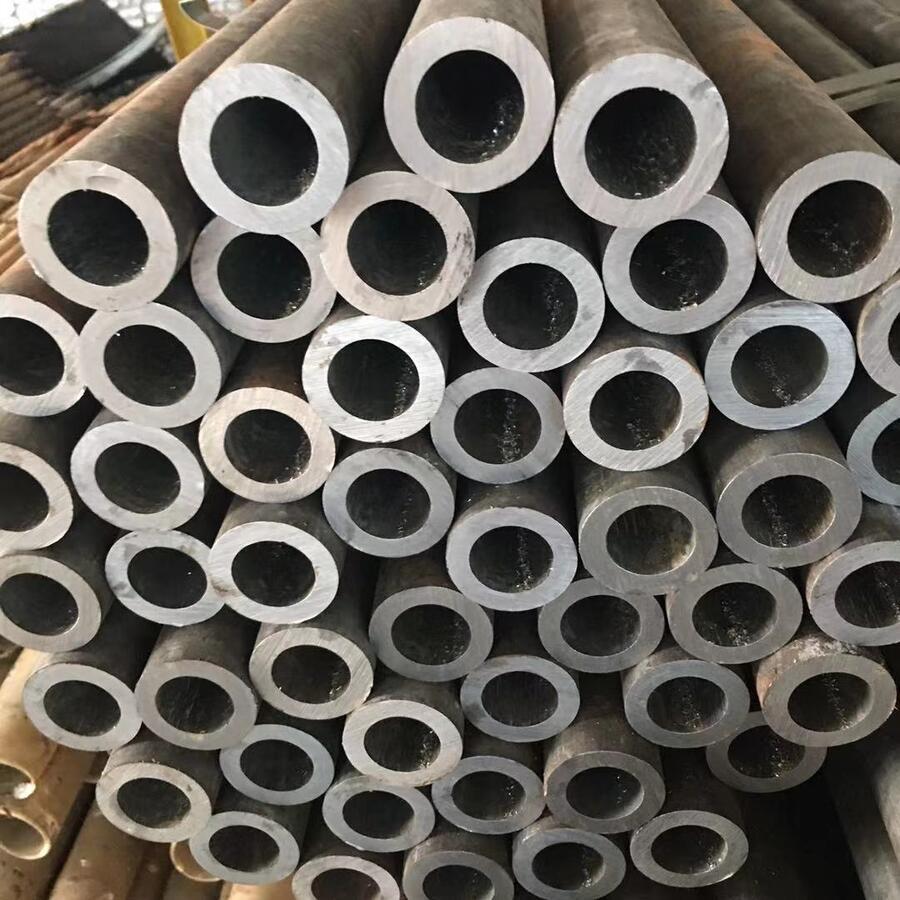The construction industry relies heavily on rolling mill machinery rebar making to produce high-quality reinforcing bars (rebar) essential for concrete reinforcement. This machinery plays a pivotal role in the rebar production process, ensuring the durability and strength of reinforced structures. In this guide, we delve into the fundamentals of rolling mill machinery for rebar making, its key components, technical parameters, and the advantages it brings to the manufacturing sector.
1. Overview of Rolling Mill Machinery for Rebar Making
Rolling mill machinery rebar making involves transforming raw steel billets into uniform, high-strength rebar through a series of rolling processes. This machinery is designed to handle heavy loads and maintain precise control over dimensions and surface quality, making it indispensable for large-scale rebar manufacturing. The process typically includes heating the billets, passing them through various rolling stands, and cooling the finished products to achieve desired mechanical properties.
2. Key Components and Their Functions
The efficiency and quality of rolling mill machinery rebar making depend on several critical components, each serving a specific function in the production line:
- Heating Furnaces: Preheat steel billets to optimal temperatures, ensuring malleability during rolling.
- Rolling Stands: Compress and elongate billets into rebar by applying controlled pressure through multiple rolling passes.
- Cooling Systems: Rapidly cool rebar to lock in mechanical properties and enhance strength.
- Cutting Machines: Precisely cut the rolled rebar to specified lengths for various construction applications.
- Control Systems: Automate and monitor the entire production process, ensuring consistency and quality.
3. Technical Parameters of Rolling Mill Machinery Rebar Making
Understanding the technical specifications of rolling mill machinery rebar making is crucial for selecting the right equipment tailored to specific production needs. The table below outlines the essential parameters that define the performance and capabilities of these machines:
| Parameter | Specification | Description |
|---|---|---|
| Maximum Rolling Capacity | Up to 10 tons | The maximum load the rolling mill can handle per pass. |
| Roll Diameter | 500 mm – 1500 mm | The diameter of the rolls used in the rolling stands. |
| Number of Rolling Stands | 3-7 | The number of stages the billet passes through during rolling. |
| Roll Speed | 50-300 rpm | The rotational speed of the rolls in revolutions per minute. |
| Temperature Range | 1200°C – 1600°C | The operating temperature range for the heating furnaces. |
| Output Capacity | Up to 5000 tons/month | The total production capacity of the rolling mill machinery per month. |
| Rebar Diameter Range | 6 mm – 50 mm | The range of rebar diameters that can be produced. |
| Energy Consumption | 200-500 kW | The amount of energy required to operate the rolling mill machinery. |
| Footprint | 50 m² – 200 m² | The physical space required to install the rolling mill machinery. |
| Automation Level | High | The degree to which the machinery is automated for enhanced efficiency. |
| Material Compatibility | Steel, Stainless Steel | The types of materials the rolling mill can process. |
| Maintenance Interval | Every 6 months | Recommended maintenance schedule to ensure optimal performance. |
| Control System | PLC-based | The programmable logic controller system used for operation and monitoring. |
| Safety Features | Emergency Stops, Guards | Built-in safety mechanisms to protect operators and equipment. |
| Rebar Length Range | 6 m – 12 m | The lengths of rebar that can be produced and cut. |
| Surface Finish | Rough to Smooth | The quality of the rebar surface post-rolling. |
| Power Supply | Three-phase 400V | The electrical power requirements for the machinery. |
4. Advantages of Using Advanced Rolling Mill Machinery for Rebar Making
Investing in modern rolling mill machinery rebar making equipment offers numerous benefits:
- Enhanced Efficiency: Automated control systems streamline production, reducing manual intervention and increasing output.
- Superior Quality: Precise control over rolling parameters ensures consistent rebar dimensions and mechanical properties.
- Energy Savings: Advanced machinery designs optimize energy consumption, lowering operational costs.
- Flexibility: Capable of producing a wide range of rebar sizes and lengths to meet diverse construction needs.
- Reduced Downtime: Reliable components and efficient maintenance schedules minimize production interruptions.
5. Maintenance and Operational Considerations
Proper maintenance is critical to sustaining the performance of rolling mill machinery rebar making equipment. Regular inspections, timely replacement of worn parts, and adherence to maintenance schedules help prevent unexpected failures and extend the machinery’s lifespan. Additionally, training operators to handle the machinery correctly and safely ensures optimal operation and reduces the risk of accidents.
6. HANI TECH’s Contributions to Rolling Mill Machinery Rebar Making
HANI TECH stands out in the rolling mill machinery rebar making industry by offering state-of-the-art equipment and comprehensive support services. With a focus on innovation and quality, HANI TECH provides a range of hot rolling mills and rebar manufacturing equipment designed to meet global standards. Their rebar rollers incorporate advanced technologies that enhance precision and efficiency, while their dedicated team ensures seamless installation and ongoing technical assistance.
Moreover, HANI TECH’s extensive experience in the field has enabled them to develop customized solutions tailored to specific client requirements, ensuring that each rolling mill setup maximizes productivity and profitability. By leveraging cutting-edge manufacturing processes and continuous research and development, HANI TECH remains a leader in the rolling mill machinery rebar making sector.
Conclusion
The role of rolling mill machinery rebar making in the construction industry cannot be overstated. From ensuring the structural integrity of buildings to enabling efficient large-scale production, this machinery is integral to modern infrastructure development. By understanding the technical aspects, benefits, and maintenance requirements of rolling mill machinery rebar making, stakeholders can make informed decisions that drive quality and efficiency in their rebar manufacturing operations. Partnering with industry leaders like HANI TECH further enhances the potential for achieving superior performance and sustained growth in the competitive construction market.




